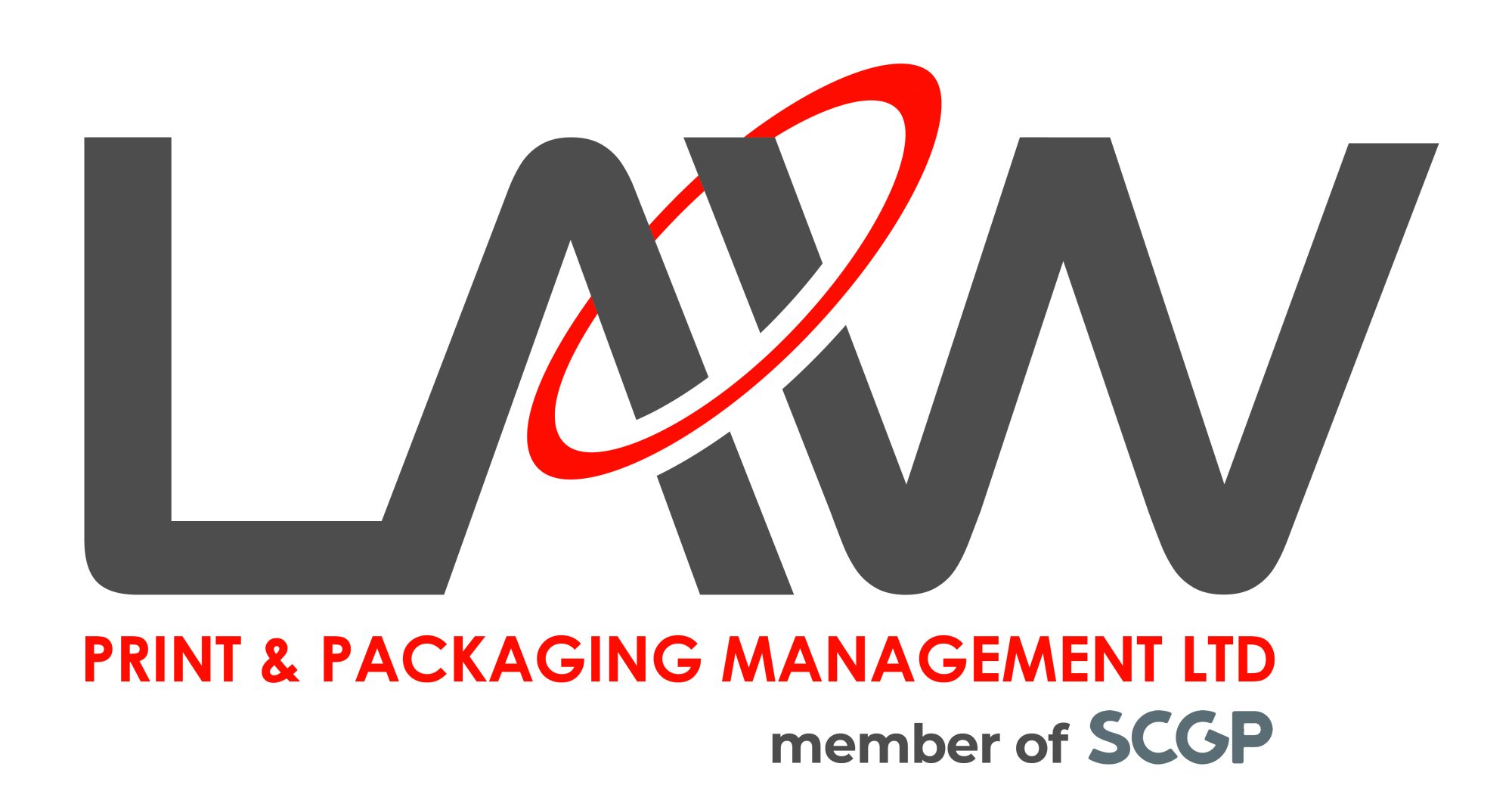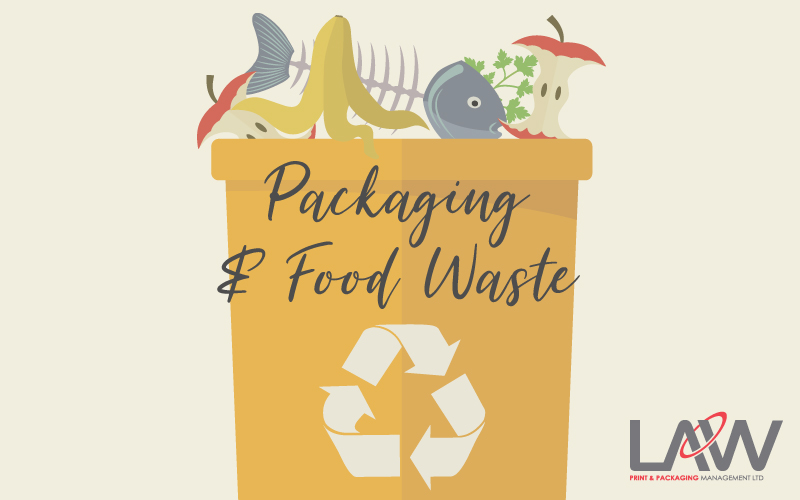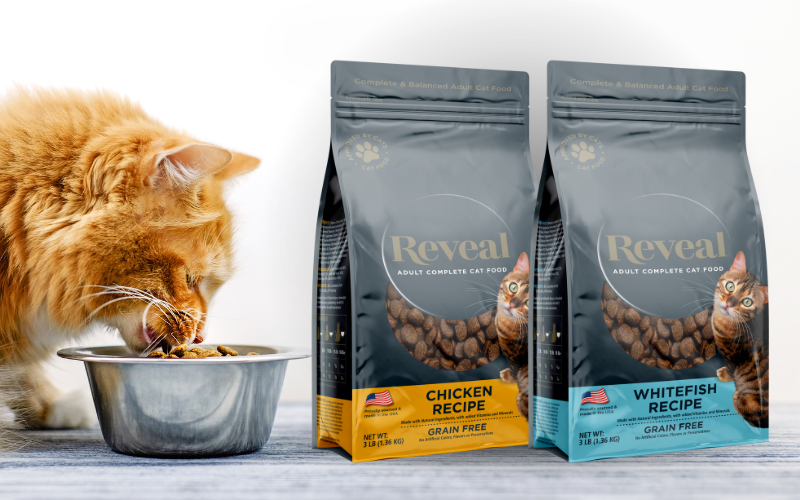As new reports surface on growing consumer demand for “plastic free aisles” in supermarkets, we couldn’t help but feel that plastic is getting a bit of unfair press.
Why do we use plastics?
Plastic is a crucial aspect of product protection. Multi-layered films offer great durability especially for food items that require the highest levels of hygiene. Bags can be filled and sealed keeping products protected from unwanted germs and bacteria.
Plastics are also extremely lightweight making them easy to transport and perfect for the modern convenience driven ‘on the go’ consumer.
Plastics & The Environment
Plastics have noticeably come under fire from environmentalist movements and media campaigns in recent years. And it’s true, the levels of plastics in the ocean is a huge environmental problem, it’s only right that businesses should be held accountable for how they dispose of plastics.
As we all see plastics on a daily basis it makes it a more tangible aspect of our total waste, but many are surprised to learn that packaging is only 3% of a household’s total annual energy use.

The INCPEN put that 3% into context. Imagine driving one and a quarter miles less a day, or turn your heating thermostat down by 2 degrees – well that’s essentially saving as much energy as is used to make the packaging for an average household’s year’s supply of packaged goods. Makes you think, doesn’t it?

Plastics & Food Waste
One of the main reasons plastics are so widely adopted in food packaging is due to their ability to preserve freshness.
A study by Flexible Packaging Association showed that flexible packaging helps to extend shelf life from 6 days up to 30+ for some fruit and vegetables.

The modern consumer has grown accustomed to longer lasting produce aided by plastic shrink-wraps and bags. To remove these would massively increase food waste.
In less developed countries a staggering 50% of food fails to even reach the end consumer. Here in the UK complex distribution procedures and intelligent packaging design helps protect produce in transit and ensure long-lasting freshness.

So, although the idea of a plastic-free aisle may have solid environmental reasoning, the way we shop would need to change dramatically. Food would need to be purchased and consumed within a matter of hours…. not so convenient.
As summarised by the Director of the INCPEN Jane Bickerstaffe, “no packaging has a monopoly of environmental virtues. Provided it is fit for purpose all packaging makes a positive contribution to sustainability – it prevents product waste”
When it comes to excessive packaging we can all agree that some brands take things to the extreme. But for the majority of retail packaging, it’s fair to say that plastics offer crucial protection in transit, improving shelf life and ultimately reducing global food waste.
If you wish to discuss sustainable options for your product packaging then contact our team today.
Subscribe to our newsletter for all the latest packaging news and insights


